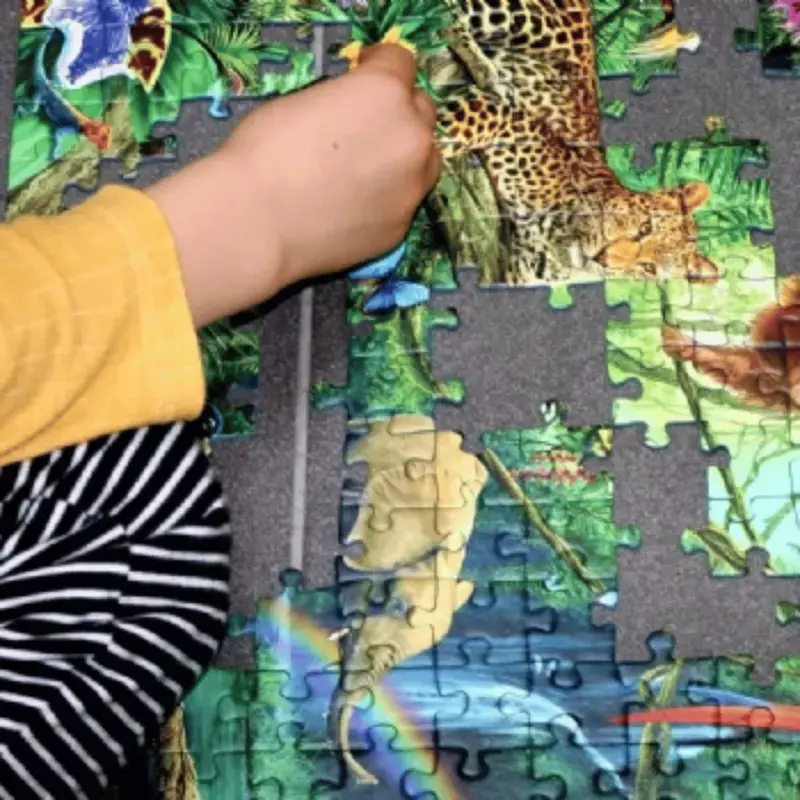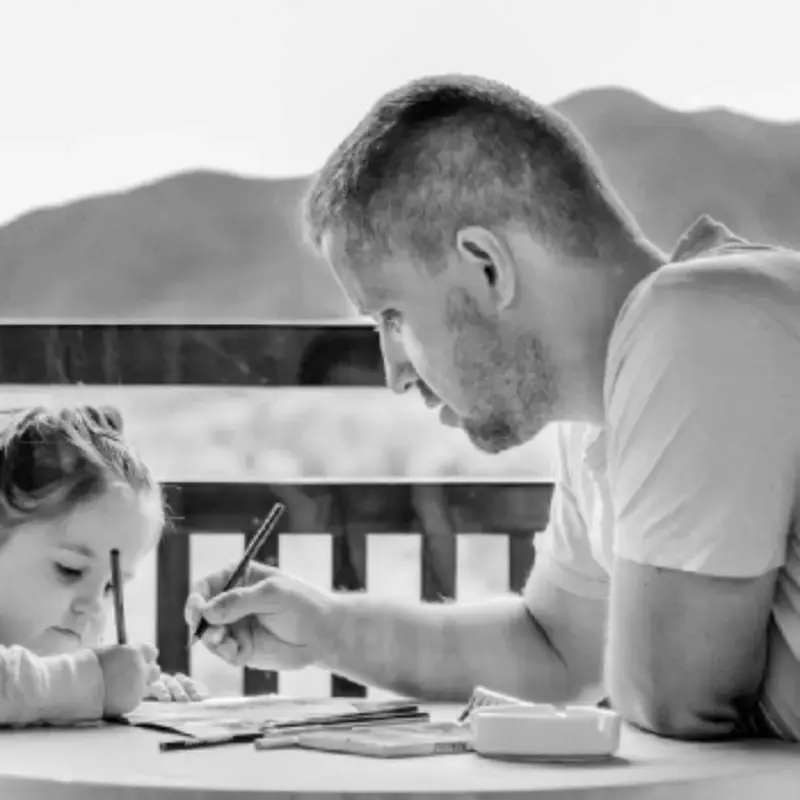Beyond the 11+: Why Character Development Matters More Than Ever
Each year, as the 11+ approaches, the atmosphere at the top end of many primaries and prep schools subtly shifts. Tutoring becomes more regular, conversations narrow towards test strategies, and children begin to feel the presence of an exam whose weight can seem far larger than its purpose. In Kent, this is entirely understandable as the selective system shapes the choices families must make. Yet when so much attention is placed on a single assessment it becomes easy to lose sight of what we know from educational research about how children grow, learn and develop.
One of the clearest findings from recent pedagogical research is the impact of high-stakes pressure on young people. Studies from Stanford and the Education Endowment Foundation (EEF) tell us that anxiety limits working memory. This is used to tackle the verbal and non-verbal reasoning tasks common in the 11+. At the same time, international frameworks such as the OECD’s Education 2030 programme highlight the way pressure-driven cultures can dampen curiosity and risk-taking which are two qualities strongly associated with creativity and deep learning. In other words, while well-intentioned, intensive preparation may increase practice, it does not always increase cognitive flexibility.
This is part of the wider question about what the 11+ actually measures. The test offers a snapshot of certain reasoning abilities under time pressure, but it leaves questions about many key life skills. Creativity, resilience, collaboration, communication, adaptability, and emotional literacy are not peripheral skills but central pillars of long-term success. Research by psychologists such as Angela Duckworth and Carol Dweck show that it is these attributes that predict sustained academic achievement and professional fulfilment. Crucially, they are also the attributes that children develop most strongly within rich, balanced, and supportive school environments.
This is where Radnor’s philosophy aligns closely with what the evidence tells us. Our approach to education is intentionally broad. We set ambitious academic expectations, but we pair them with an understanding that deep learning flourishes when children feel secure, curious and confident. Our recent inspection survey data shoed the overwhelming majority of parents reporting that their children are happy and safe, and pupils describing feeling respected and well supported, all of which reflects the foundations that make academic stretch possible. A child who feels safe is willing to ask questions, take risks, and pursue challenges. A child who feels valued is more inclined to persist when learning becomes difficult. These behaviours matter far more in the long run than their performance on any single exam.
For parents, this perspective offers reassurance as well as guidance. Children undoubtedly benefit from thoughtful preparation, but the most meaningful preparation comes from habits rather than hours - reading widely, exploring ideas, talking about the world, learning how to reflect on mistakes, and developing the confidence to try again. These are the foundations of intellectual growth, and they cannot be reduced to practice papers alone.
The real task of education is to nurture young people who can thrive in a complex, uncertain and rapidly changing world. A world that values adaptability, empathy, creativity, and critical thought just as highly as exam performance. At Radnor, we remain academically ambitious, but we also recognise that character and wellbeing are not ‘nice-to-haves’ alongside academic success, they are its preconditions.
The 11+ may shape a moment in a child’s educational journey, but it should never shape their identity. Their future will be determined by far more than a score on a page, by the breadth of opportunities they experience, the resilience they build, the relationships that support them, and the pleasure they find in learning. Our role is to develop all of these dimensions, ensuring every child gains not only the grades they need, but the character and confidence to go far beyond them.
























